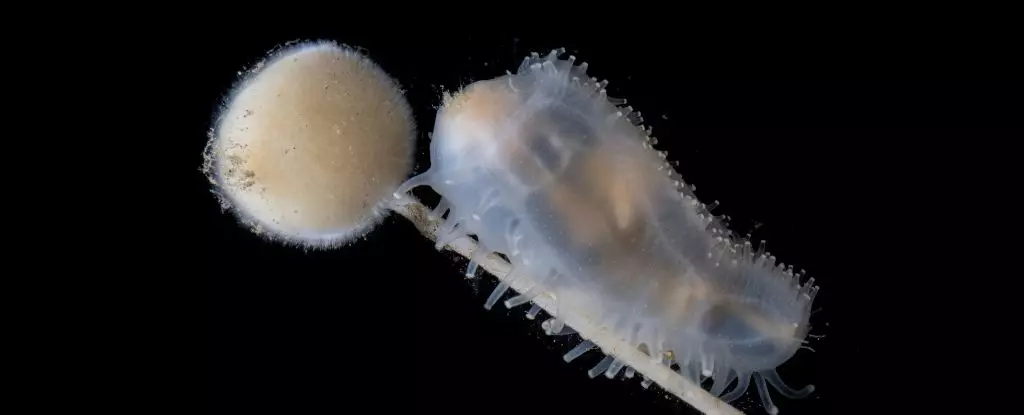Recent deep-sea explorations have pointed to a world largely unknown, a realm teeming with diversity and beauty beneath the waves. The Schmidt Ocean Institute’s expedition to the South Sandwich Islands encapsulates this exhilarating yet sobering reality. Over the course of 35 daunting days, researchers embarked on a mission that not only hopes to document marine life but also raises an urgent alarm: our oceans are in peril, and time is running out.
What makes this journey particularly significant is the unearthing of hydrothermal vents that were previously unknown to science. These underwater ecosystems, akin to bustling cities beneath the sea, host a variety of life forms that often exist nowhere else on Earth. Ironically, while exploration of these rich biomes is underway, they are simultaneously threatened by human activities, such as climate change and unsustainable deep-sea mining. We find ourselves at a critical juncture—knowing that these ecosystems exist, only to risk their erasure.
The Treasures of the Deep
Among the highlights of this remarkable expedition was the stunning discovery of vibrant coral gardens thriving near Humpback Seamount. These vivid ecosystems serve as crucial habitats for countless marine organisms, showcasing nature’s resilience and beauty. Witnessing the footage of a colossal squid brought a collective gasp from viewers worldwide, yet it is essential to understand that this moment of awe is fraught with tension. As human activity continues to encroach on the ocean’s depths, each marvelous revelation comes with a caveat of impending loss.
The expedition featured breathtaking visuals of unique marine life, from the tall vent chimney sporting barnacles to the nimble shrimp flitting around like festive fireworks in an underwater celebration. Every creature cataloged should be cherished, not as mere curiosities but as integral pieces of an intricate puzzle. To witness the first image of the Akarotaxis aff. gouldae dragonfish—the elusive shadow of the deep—was a triumph not only for the research team but for humanity’s understanding of marine biodiversity. Yet, who are we to enjoy these wonders if we continue to ignore the grave threats they face?
Ecological Insights and Disturbing Realities
While the expedition offered heartwarming moments of discovery, it also uncovered disquieting images, like that of the grenadier fish entangled with parasitic copepods. This haunting snapshot serves as a stark reminder of the ecosystem’s fragility; life in the depths is not only about stunning beauty but also survival amidst adversity. Such findings require our attention and action, as the complications posed by parasites highlight the stress these organisms endure in changing environments.
Ultimately, the expedition’s fruits are bittersweet. Marine biologist Michelle Taylor’s words resonate deeply: “This expedition has given us a glimpse into one of the most remote and biologically rich parts of our ocean.” The beauty of new discoveries ignites wonder, but it also lays bare an urgent truth: unless global initiatives change, many of these vibrant ecosystems may vanish before they can be adequately studied or understood.
A Call to Action: Protecting Our Oceans
As society stands on the precipice of a climate catastrophe, it is our responsibility to act before it’s too late. The Ocean Census initiative seeks to illuminate the rich tapestry of marine life, aiming to highlight what is at stake. This endeavor is not just an academic pursuit; it is a call for collective action to preserve these unsung worlds.
Every expedition provides a clearer picture of the delicate balance holding our oceans together. The urgency for implementing sustainable practices in how we interact with marine environments cannot be overstated. We must advocate for policies that prioritize ecological preservation over exploitation, ensuring that generations to come can share in the wonder of these hidden worlds.
In the face of ecological degradation, let us champion the marvels of the deep and rise to protect them. The ocean’s depths are not just vessels of adventure; they are lifelines for our planet, deserving of respect, preservation, and urgent action.


Leave a Reply